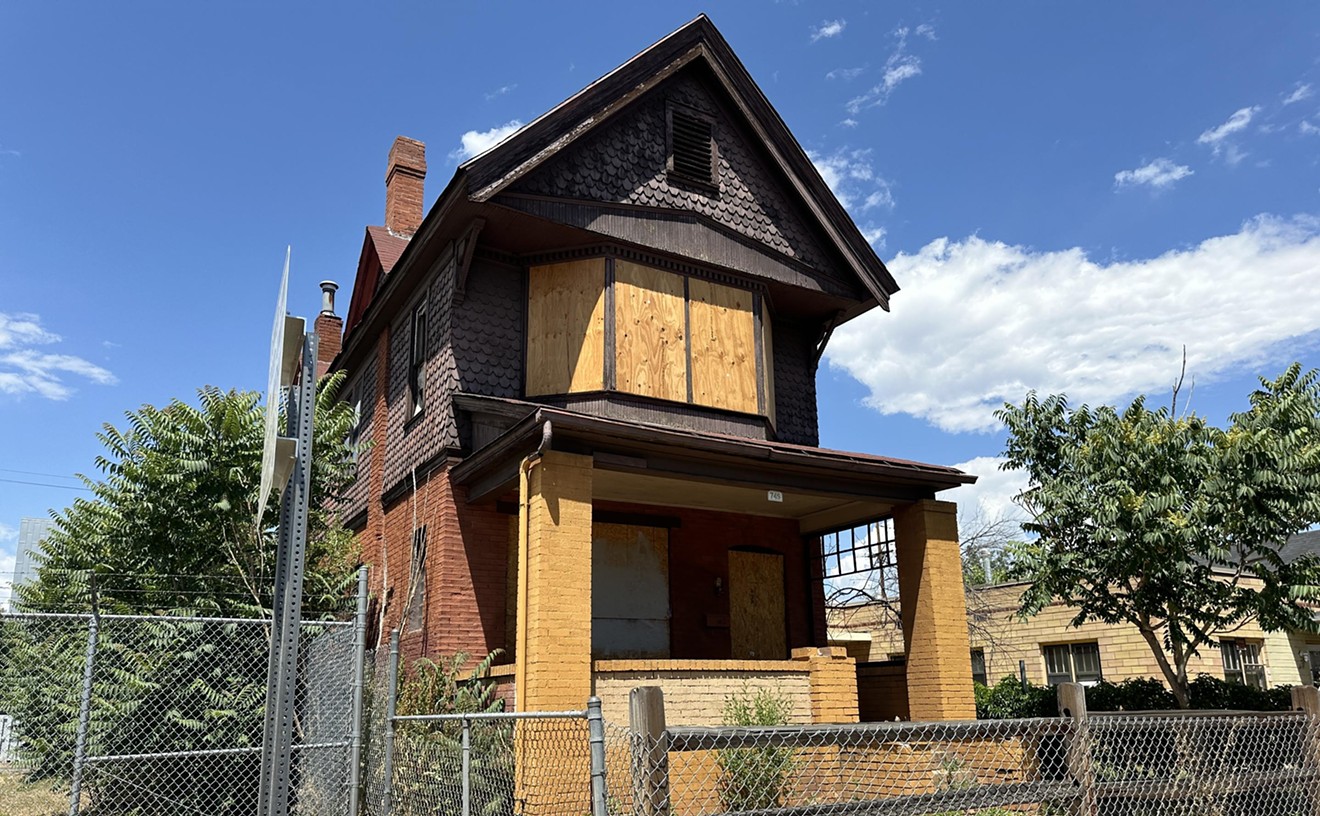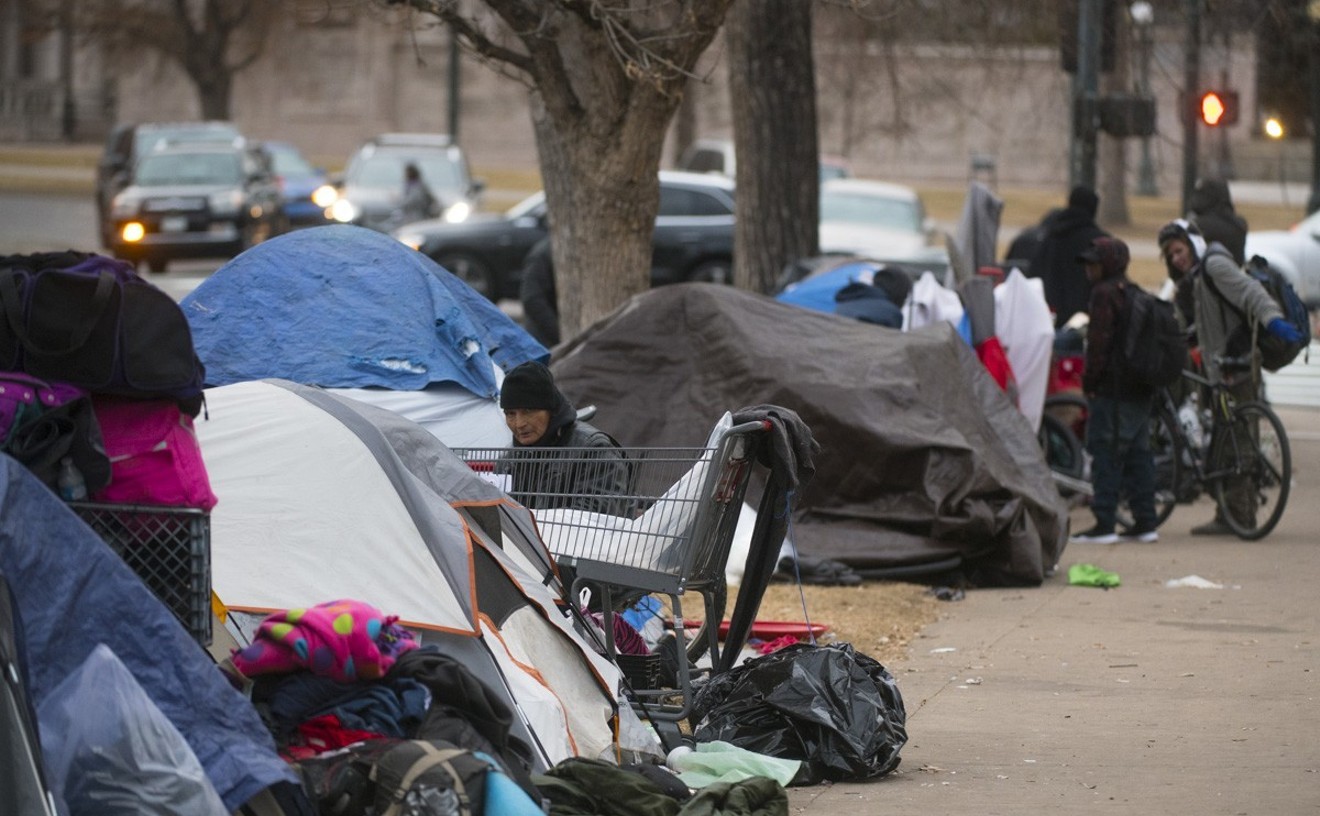On Monday, June 17, U.S. Surgeon General Vivek Murthy urged Congress to require warning labels on social media platforms in a New York Times opinion essay. Likening it to warning labels on tobacco products, Murthy argued that parents and adolescents need to be informed of the negative mental health impacts of using platforms like Instagram, TikTok and X.
But Colorado beat Murthy to the punch. His essay comes eleven days after Governor Jared Polis signed a first-of-its-kind law requiring social media sites to display pop-up notifications to users under eighteen.
"We’re cutting-edge," says state Representative Judy Amabile, who sponsored the law, House Bill 24-1136. "We’re the first state to do it, and I think it's great that they’re looking at this at the federal level. ... I’m very excited to be part of this work that will hopefully make a difference for our kids.”
Under the new law, starting in 2026, the pop-ups will appear for children who use a social media platform for over an hour in one day or who are on it between 10 p.m. and 6 a.m. The notifications must reappear every thirty minutes after their initial display and include data on the mental health impacts of social media use for young people, which will be collected in a public resource bank.
Nationally, children and teenagers who spend more than three hours a day on social media face double the risk of mental health problems, according to the U.S. Surgeon General. Up to 95 percent of teenagers use social media, spending an average of 3.5 hours on the platforms a day, while one-third of teenagers report using social media "almost constantly."
In 2021, over one in four Colorado high-schoolers reported feeling sad or hopeless almost every day for prolonged periods in the most recent Healthy Kids Colorado Survey. From 2016 to 2021, the rate of young Coloradans who reported poor mental health more than doubled, and children's emergency room visits for mental health reasons increased by 140 percent, compared to just 23 percent for adults, according to the 2023 Kids Count in Colorado report.
Released annually by the Colorado Children’s Campaign, the Kids Count report partially attributes this decline in youth mental health to increased use of social media.
Social Media Warning Language
Social media platforms will also have the option to use alternative functions to inform minor users of the "impact of their use on their developing brain, mental and physical health," without adhering to the specific language and frequency of the pop-up notifications. The requirements for such alternative functions will be determined by Colorado's Office of Information and Technology and Department of Public Health and Environment.Governor Polis insisted on allowing alternatives after tech companies raised concerns that specific pop-ups would be difficult to implement if multiple states adopted different versions of the notification requirements.
"State-specific 'pop-ups' [are] not the right approach to solving our youth mental health crisis," Polis said in a statement after signing the bill on June 6. "Colorado alone cannot regulate the internet, and a heavy-handed approach without flexibility will only discourage innovation and potentially prevent new entrants into Colorado."
National regulations could soon be on the way. In addition to calling for social media warning labels, Murthy's essay encouraged Congress to pass legislation that protects young social media users from harassment, abuse, exploitation, and exposure to extreme violence and sexual content. He also promoted restricting platforms from using features like push notification, autoplay and infinite scroll on children, and from collecting sensitive data from children.
Colorado passed its own youth data protection law this year with Senate Bill 24-41. However, an effort to make many of Murthy's recommended changes for minors — including default protective settings, restricting endless scrolling and notifying parents if a child interacts with sexually exploitative material — died in committee on May 1, over concerns that the bill's content-regulating and privacy elements could be used in states where abortion is illegal to target people who travel to Colorado for abortion care.
More Laws Coming?
Sponsors of the failed bill, Senate Bill 24-158, say they intend to bring it back next year. Similarly, Amabile is considering further legislation to strengthen her pop-up notification bill, such as mandating that the pop-ups be more frequent.“We want it to have the impact that we’re looking for, which is to deter some kids," Amabile says. "It’s not like every kid is going to heed the warning, but they’re going to keep seeing it, and it's going to keep reminding them that what they’re doing isn’t healthy."
In his essay, Murthy referenced a conversation he had with a Colorado woman named Lori Schott, whose eighteen-year-old daughter, Annalee, committed suicide in 2020. Schott is a staunch advocate for social media reform, blaming troubling online content for contributing to Annalee's death.
After Annalee passed, Schott discovered that her daughter's algorithmically personalized TikTok "for you" page was filled with countless posts about self-harm, depression, anxiety and suicide. Annalee's journal revealed that she had witnessed a livestreamed suicide on TikTok leading up to taking her own life, and she wrote about feeling too "ugly" to be loved after seeing "the profiles of other girls" online.
"Lori had been diligent, monitoring her daughter’s accounts and phone daily, but harm still found her child," Murthy wrote in his Times essay. "Mothers like Lori do not want to be told that change takes time, that the issue is too complicated or that the status quo is too hard to alter. We have the expertise, resources and tools to make social media safe for our kids."
"Now is the time to summon the will to act. Our children’s well-being is at stake."












